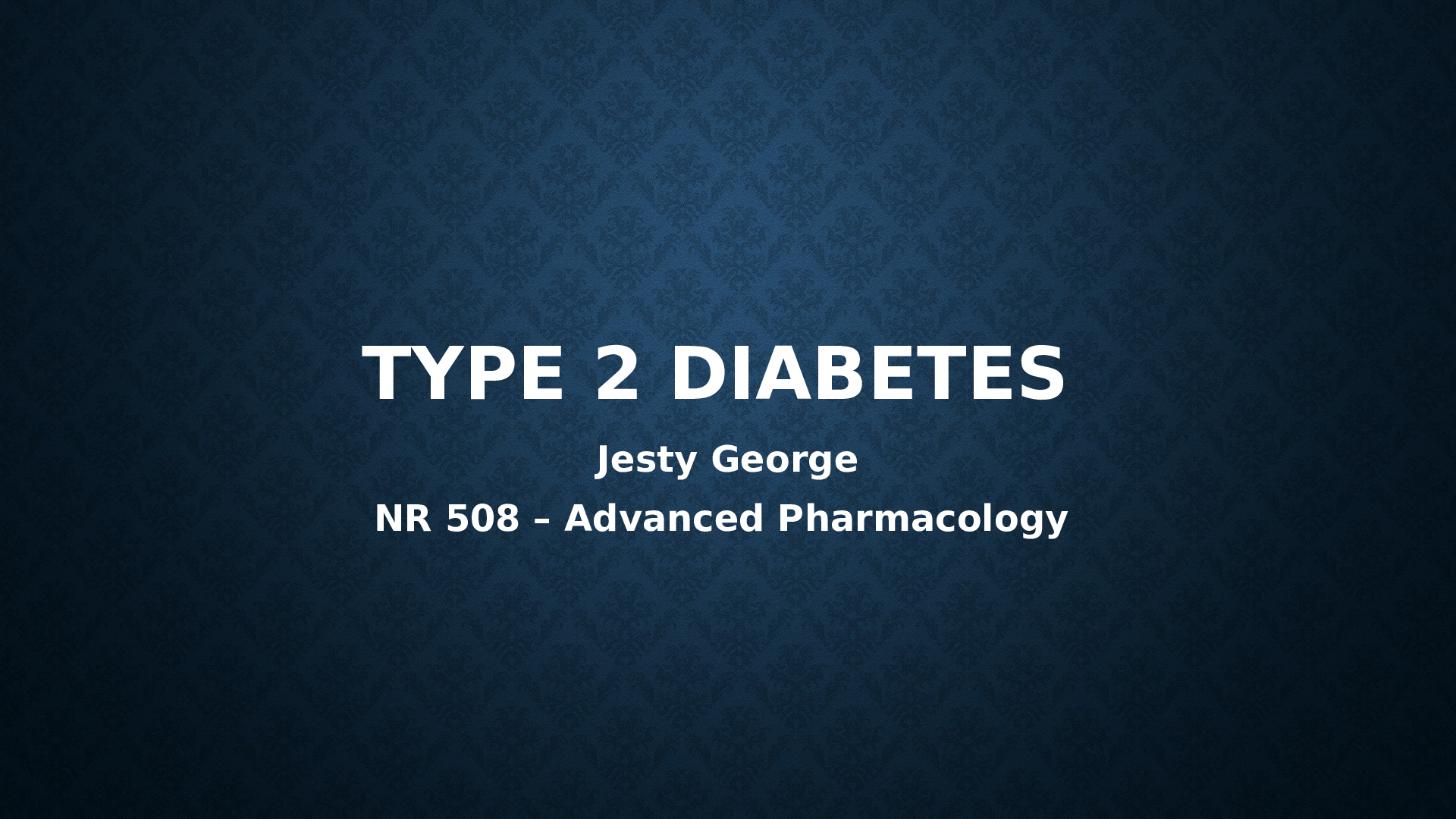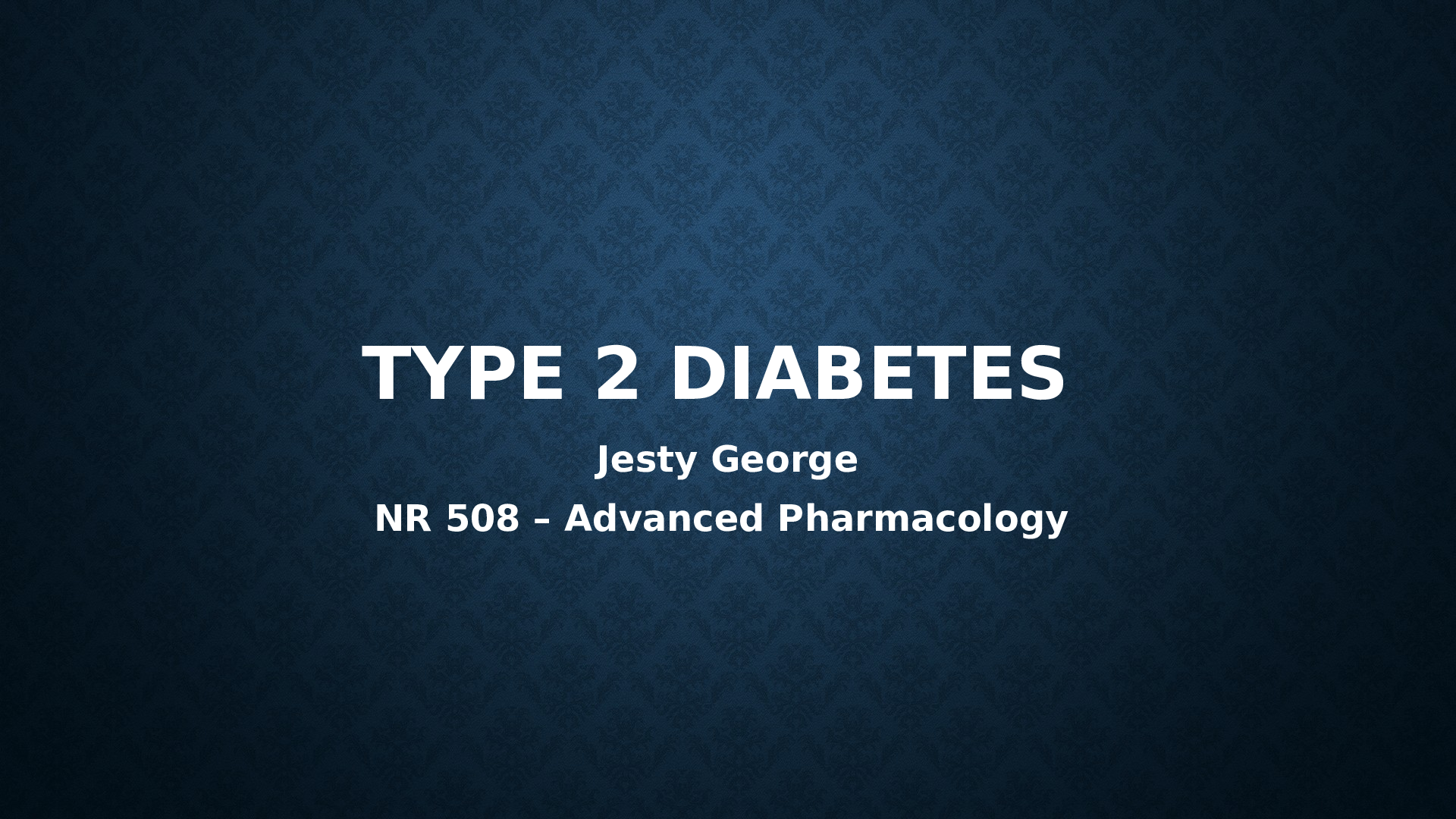TYPE 2 DIABETES NR 508 – Advanced Pharmacology by Jesty George
Course
Project Management
Subject
Chemistry
Category
Case Study
Pages
21
Uploaded By
ATIPROS
Preview 5 out of 21 Pages


Download all 21 pages for $ 10.50
Reviews (0)
$10.50
